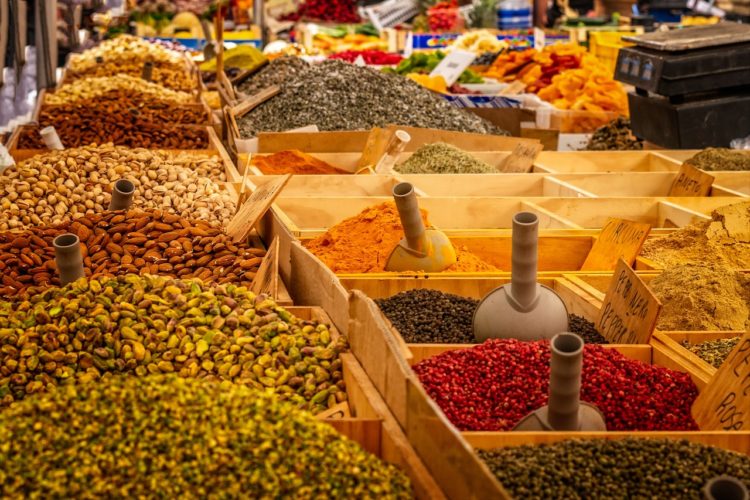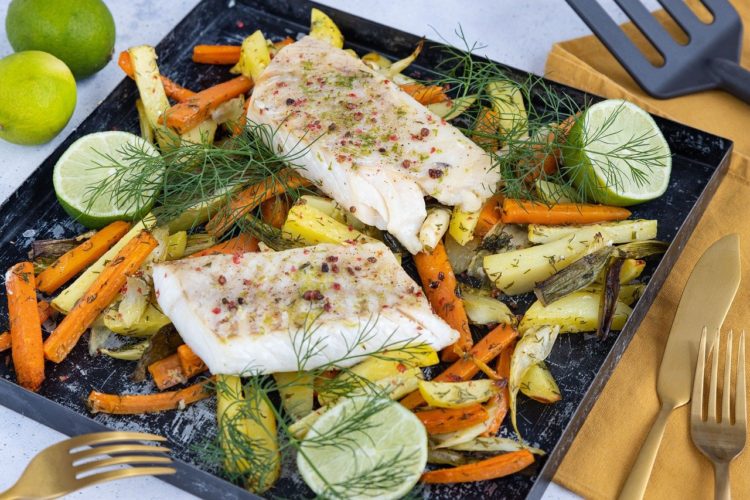Finland is a country rich in culture, history, and traditions, with its festivals acting as vibrant expressions of the Finnish way of life. These festivals not only celebrate local customs and traditions but also foster a sense of community and belonging. In recent years, there has been a revival of interest in traditional Finnish festivals, as both locals and tourists seek to reconnect with the roots of Finnish culture. In this blog post, we will explore some of the most significant traditional festivals in Finland, their historical significance, and how they continue to evolve in modern society.
The Importance of Traditional Festivals in Finland
Traditional festivals in Finland are deeply intertwined with the country’s agricultural past, seasonal changes, and historical events. These celebrations serve multiple purposes:
- Cultural Preservation: Festivals play a crucial role in preserving Finnish folklore, music, dance, and crafts. By celebrating these traditions, communities ensure that they are passed down to future generations.
- Community Engagement: Festivals bring people together, fostering a sense of community and belonging. They create opportunities for locals to connect, share experiences, and celebrate their shared heritage.
- Tourism and Economy: As interest in cultural tourism grows, traditional festivals attract visitors from around the world. This influx of tourism helps to boost local economies and sustain traditional crafts and practices.
Notable Traditional Finnish Festivals
1. Juhannus (Midsummer)
- Celebration of Light: Juhannus, or Midsummer, is one of the most important festivals in Finland, celebrated in June to mark the summer solstice. It symbolizes the triumph of light over darkness and the arrival of summer.
- Traditions and Customs: The festival involves lighting bonfires, singing, and dancing. Many Finns head to their summer cottages to enjoy nature, swim in lakes, and celebrate with family and friends. Traditional foods like grilled sausages, salmon, and berry pies are common during the festivities.
- Modern Revival: While Juhannus has ancient roots, it has evolved over time. Today, large public events, concerts, and festivals take place in urban areas, attracting people from all walks of life. These events often blend traditional customs with contemporary entertainment, creating a lively atmosphere.
2. Santalaiset (Santa Claus Festival)
- Celebration of Christmas: In Rovaniemi, the official hometown of Santa Claus, the Santalaiset festival celebrates the magic of Christmas. It features Christmas markets, parades, and various festive activities.
- Activities and Attractions: Visitors can meet Santa Claus, enjoy winter sports, and participate in traditional Finnish Christmas activities. The festival often includes local artisans selling handmade crafts, creating a unique shopping experience.
- Cultural Significance: The festival emphasizes the importance of family, giving, and togetherness during the holiday season. It showcases Finnish traditions while also welcoming international visitors to experience the joy of Christmas in Lapland.
3. Jyvaskyla’s Festival of Light
- Art and Culture: This festival, held in Jyväskylä, celebrates the power of light through art installations, performances, and community engagement. Artists from Finland and abroad display their light-based art in various public spaces.
- Community Involvement: The festival encourages community participation through workshops, guided tours, and interactive installations. It aims to create a sense of togetherness and highlight the creativity of the local population.
- Environmental Awareness: With a focus on sustainability, the festival promotes eco-friendly practices and raises awareness about environmental issues. Many installations are made from recycled materials, reflecting a commitment to protecting the natural beauty of Finland.
4. Helsinki Day
- Urban Celebration: Celebrated annually on June 12, Helsinki Day honors the founding of Finland’s capital city. The event showcases the city’s diverse cultural offerings, with activities taking place in various neighborhoods.
- Festivities: The day includes concerts, art exhibitions, guided tours, and community activities. Residents and visitors are encouraged to explore different parts of the city and engage with local culture.
- Community Spirit: Helsinki Day fosters a sense of pride among residents and highlights the city’s rich history and vibrant present. It encourages everyone to participate in city life and appreciate the uniqueness of Helsinki.
5. Lappish Festivals
- Unique Celebrations: In Northern Finland, various Lappish festivals celebrate the traditions of the indigenous Sámi people. These festivals often include traditional music, handicrafts, and reindeer races.
- Sámi Culture: Events like the Sámi National Day (February 6) and the Sámi Cultural Festival in Inari showcase the Sámi way of life, emphasizing their connection to nature and their rich cultural heritage.
- Cultural Exchange: These festivals also provide an opportunity for cultural exchange, as visitors can learn about Sámi traditions, enjoy traditional foods, and participate in workshops led by Sámi artisans.
How Traditional Festivals Are Evolving
As society changes, traditional Finnish festivals are adapting to remain relevant and engaging. Here are some trends in the revival of these festivals:
- Embracing Technology: Many festivals are leveraging technology to enhance the visitor experience. Live-streaming events, interactive apps, and social media engagement allow festivals to reach a wider audience and connect with younger generations.
- Focus on Sustainability: In response to growing environmental concerns, many festivals are incorporating sustainable practices, such as reducing waste, promoting local food, and encouraging eco-friendly transportation.
- Integration of Contemporary Art and Culture: Traditional festivals are increasingly blending modern art forms with historical customs. This fusion creates unique experiences that appeal to diverse audiences while preserving the essence of Finnish culture.
- Globalization and Cultural Exchange: As Finland becomes more connected to the global community, traditional festivals are opening their doors to international influences. This cultural exchange enriches the festivals and fosters a sense of unity among different cultures.
Tips for Experiencing Traditional Finnish Festivals
- Plan Ahead: Many festivals occur during specific times of the year, so it’s essential to check the festival dates and plan your visit accordingly. Booking accommodations and activities in advance is advisable, especially during peak seasons.
- Engage with Locals: One of the best ways to experience traditional festivals is to engage with the local community. Don’t hesitate to ask locals about their traditions and stories related to the festival; they can provide valuable insights and enhance your experience.
- Taste Local Foods: Traditional festivals often showcase local cuisine. Be sure to sample regional dishes, sweets, and beverages unique to the area. This culinary journey will enhance your understanding of Finnish culture.
- Participate in Activities: Festivals offer numerous activities, from workshops to performances. Engaging in these activities allows you to immerse yourself in the culture and create lasting memories.
- Respect Local Customs: Each festival has its own set of traditions and customs. Take the time to learn about them and be respectful of local practices, especially when attending cultural events.
Conclusion
The revival of traditional Finnish festivals reflects a growing appreciation for cultural heritage and community connection. These celebrations not only preserve Finland’s rich traditions but also foster a sense of belonging and togetherness among residents and visitors alike. Whether you find yourself dancing around a Midsummer bonfire, enjoying the sights and sounds of a local market, or engaging with Sámi culture, participating in these festivals offers a unique and enriching experience that celebrates the spirit of Finland. So, mark your calendars, immerse yourself in the festivities, and discover the warmth and vibrancy of Finnish culture through its traditional celebrations!


